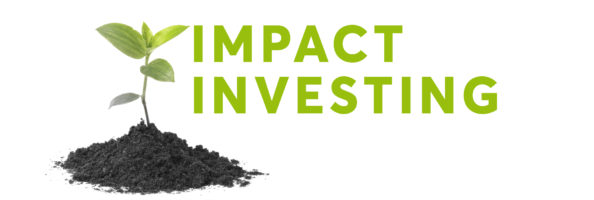Along with a bunch of very nice guys, experts in different aspects of climate modeling, machine learning and such, we have published a paper making the case for including social foundations in integrated assessment models. The paper, freely available here, argues that developing effective climate policy means to introduce a coherent methodological perspective by extending IAMs' structure toward economics that takes into account social aspects, such as behavioral, welfare, or political economics. Considering these domains as a bridge between social foundations and IAMs is required for moving from intentions to actions in order to trigger public support for stringent mitigation and to spearhead a profound transformation in climate policies. Once these social foundations are built up in IAMs, they will open up new perspectives for climate actors in terms of mitigation pathways: Indeed, one key outcome of considering social aspects in IAMs—and therefore in climate policies—may be a greater attention to social dynamics for coping with climate change.
Category: Uncategorized
New paper: drivers of impact investment

I have a new paper out with Luisa De Amicis, Silvia Binenti, Felipe Maciel Cardoso, Carlos Gracia-Lázaro and Yamir Moreno: "Understanding drivers when investing for impact: an experimental study", which appeared today in Palgrave Communications.
Impacting investing aims to generate specific beneficial social or environmental effects in addition to financial gains. Impact investments may take the form of numerous asset classes and may result in many specific outcomes. The point of impact investing is to use money and investment capital for positive social results. In this context, what we did is try and understand the socio-demographic characteristics of investors who choose impact investment options over traditional investments; moreover, we also look into the drivers promoting such choices. To that end, we ran an experiment-based involving 602 participants (non-experts and experts in the financial sector) taking part in a multiple-choice game involving different investment scenarios and incentive conditions.
Our results show that both expert investors and female participants are more likely to choose impact investming, and that the tendency to invest in social funds increases with age. Rather disappointingly, we found no effects of external and centrally planned incentives, such as fiscal incentives, but the educational level of participants did show a significant influence on investing choices. On the other hand, information about the actual social impact achieved by funds does play a role in promoting socially oriented decisions, more strongly if visual aids are displayed prominently when promoting impact investment.
We are confident that our results will attract the interest of policymakers, social campaigners and investing practitioners themselves, in order to devise strategies for raising interest in impact investing or norms to improve the environment for social entrepreneurship more broadly.
Estudio sobre relaciones sociales en confinamiento
Junto con José Luis Molina y Beatriz Patraca, de la Universitat Autònoma de Barcelona, acabamos de empezar una campaña de recogida de datos sobre relaciones sociales/personales en estos momentos de confinamiento en los que nos encontramos. Si quieres colaborar con esta investigación, puedes hacerlo rellenando esta encuesta:
https://form.jotform.com/200944526735054
Rellenarla te llevará unos 20 minutos, sobre todo por la parte en que te preguntamos, de manera totalmente anónima, por tus relaciones. Contribuyendo con hasta 25 de ellas nos ayudarás muchísimo en nuestro trabajo, que puede ser importante para entender cómo nos relacionamos estos días y tener relevancia para planificar estrategias futuras de desconfinamiento y prevención.
Una vez la hayas rellenado, puedes conocer más sobre lo que hacemos en este vídeo de 5 minutos que realicé dentro del programa BBVA-El País "Aprendemos juntos".
